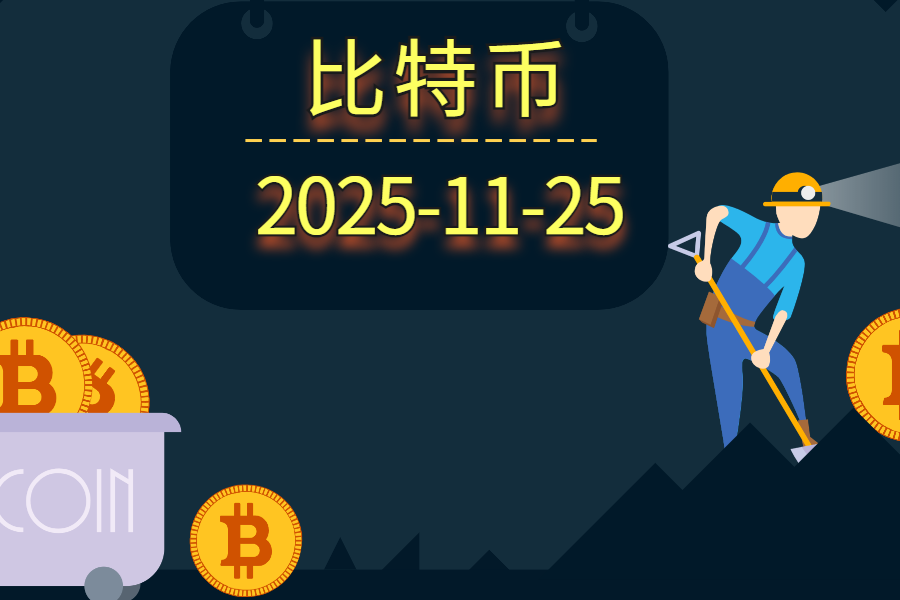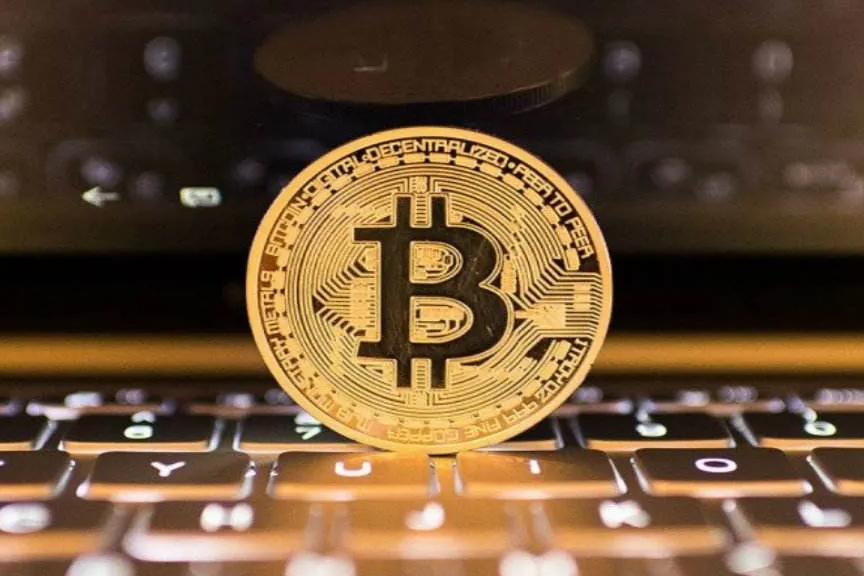Recently, a friend recommended a book to me, "Learning from Japan: A Survival Guide in Times of Recession," published by Enlightenment Publishing House, authored by analyst Boden.
The long-standing topic of "Japan's Lost 30 Years" has always been something I am curious about and pay attention to.
Not long ago, I read the classic work in this field, "The Great Recession" by Gu Zhaoming. In this book, the author introduces the concept of "balance sheet recession" to explain from a macro perspective why Japan experienced the so-called "Lost 30 Years."
After reading this book, I gained a different understanding of many issues, but I always felt a sense of regret: is there a book that can show us from a micro perspective what ordinary Japanese people experienced during those 30 years? What were their joys and sorrows?
For every ordinary person, bearing the disasters and misfortunes wrapped in the historical backdrop is indeed too heavy, too worthy of reflection, and too necessary to reference. This kind of description from a micro perspective is the most meaningful and valuable for each of us ordinary people.
And this book, "Learning from Japan: A Survival Guide in Times of Recession," perfectly fills this gap for me.
During the reading process, I found myself unable to help but share my thoughts with friends after almost every chapter, as each chapter would evoke strong shock and resonance within me. I didn't even need to read the detailed content of each chapter; just reading the introduction of each chapter would trigger such intense feelings.
Today, I would like to share some introductions from the chapters that left a deep impression on me.
Chapter 2: "Save the Older Employees or the College Graduates?"
"They witnessed Japan's economic boom in the 1980s during their student years, but upon graduation, they faced the endless economic recession of the 1990s. Ultimately, they became the group with the lowest income and marriage rates in Japan."
Chapter 3: "The Choice Between Staying in the City or Returning Home"
"Unable to secure a stable job in the big city and finding it difficult to return to their hometown, they were forced to give up marriage, childbirth, and property, continuously losing, becoming the most accurate portrayal of that group."
Chapter 5: "The Generation of Devalued Degrees"
"They grew up with the belief that 'degrees equal everything,' and they are also the generation most affected by Japan's intense education culture. Their parents told them that knowledge could change their fate, so they chose to bet their lives on education. However, when they entered society, they found that the diplomas they had exchanged their first half of life for rapidly devalued after the bubble burst."
Chapter 6: "The Generation of Expanded Graduate Enrollment in Japan"
"…describes the tragic circumstances of over a million expanded graduate students after the 1990s' massive enrollment plan during the lost economic period. By linking individual fates with the 'aftershocks of expansion,' it reveals the experiences and lessons left by Japan's once expansive graduate enrollment policy."
Chapter 7: "The Nationwide Craze for Public Service Exams in Japan"
"During the economic downturn of the 1990s, both Japan and South Korea experienced a nationwide wave of public service exam takers. The youth unemployment rate in Japan exceeded 10% at one point, and many Japanese people viewed civil service as a safe haven during economic downturns. However, looking back, Japan's craze for public service exams lasted only about 10 years before gradually fading away. 'How did Japan's public service exam craze rise and fall?'"
Chapter 8: "The Crisis of Declining Birth Rates and Surplus Teachers"
"In the 1980s, teaching was the most respected profession in Japan, regarded as a 'teacher' alongside lawyers and doctors. However, under the continuous impact of fiscal tightening and declining birth rates in the 1990s, the Japanese government faced immense financial pressure and had to initiate the Heisei Teacher Reform. Today in Japan, teachers are referred to as a 'black profession,' one of the industries most affected by overwork death, and one of the least desired professions among college students. They were once the most respected group in society but became a so-called financial burden amid population decline and fiscal crisis, ultimately becoming victims of repeated reforms after the bubble burst."
Chapter 9: "Is Being a Doctor Still a Good Career Choice?"
"Medical collapse is a unique social term in Japan during the 1990s. Due to the tightening of medical insurance after the economic recession and the surge in patients due to accelerated aging, medical accidents and doctor-patient conflicts became rampant, leading to a massive exodus of doctors. This period later became known as the era of medical collapse."
Chapter 10: "The Betrayal of Science and Engineering"
"In 1992, right after the burst of Japan's bubble economy, a discourse emerged about career choices, stating that Japan, as an industrial nation, is a society of engineers, and that economic downturns do not affect the development of science and engineering talents. At the same time, with the collapse of the financial and real estate bubbles, it became difficult for liberal arts graduates to find jobs, leading to the suggestion that everyone should study engineering instead of liberal arts. However, looking back 30 years later, this discourse was utterly wrong."
The reason these introductions are shocking is that they vividly describe the immense impact on all aspects of Japanese society during the economic downturn following the collapse of the real estate and stock markets, allowing one to deeply feel what it means to be "under the same roof, how can there be unbroken eggs."
Now, to some extent, I can finally understand why there are terms like "Otaku," "Hikikomori," "Heisei Waste," and "Degenerate Society" in Japan…
This is not a generation's self-indulgence or self-abandonment, but rather their helplessness and powerlessness after being ruthlessly abandoned by society.
To some extent, I feel that this book describes not only Japan but also serves as a prophecy for a certain future.
免责声明:本文章仅代表作者个人观点,不代表本平台的立场和观点。本文章仅供信息分享,不构成对任何人的任何投资建议。用户与作者之间的任何争议,与本平台无关。如网页中刊载的文章或图片涉及侵权,请提供相关的权利证明和身份证明发送邮件到support@aicoin.com,本平台相关工作人员将会进行核查。




